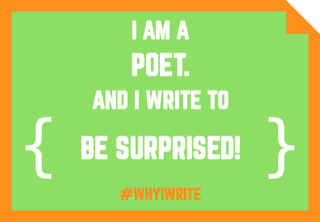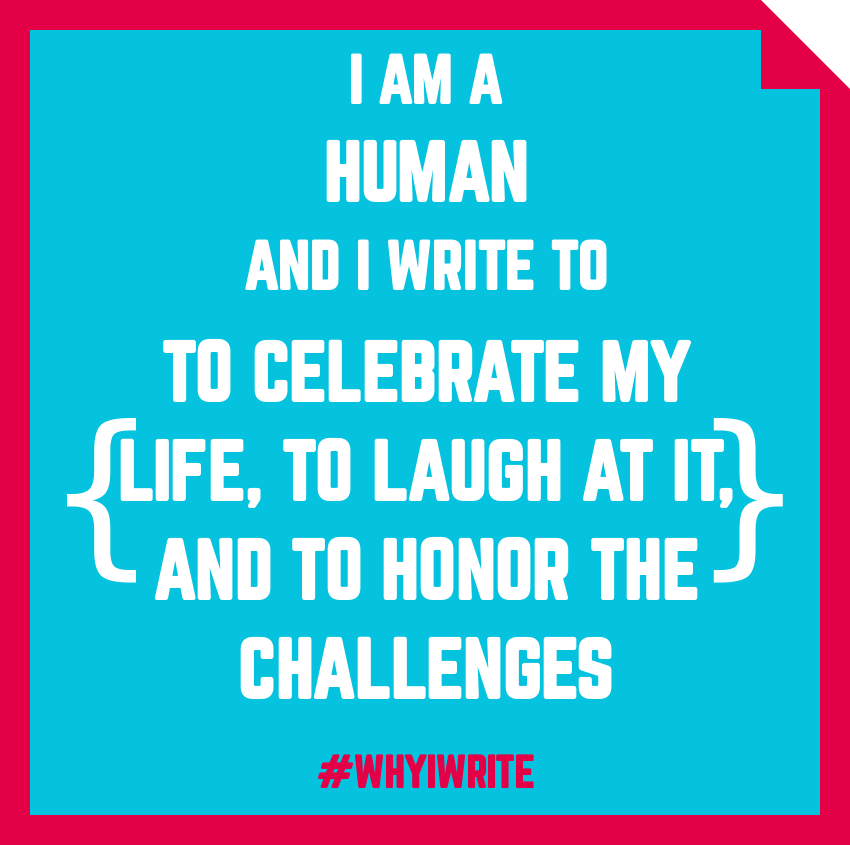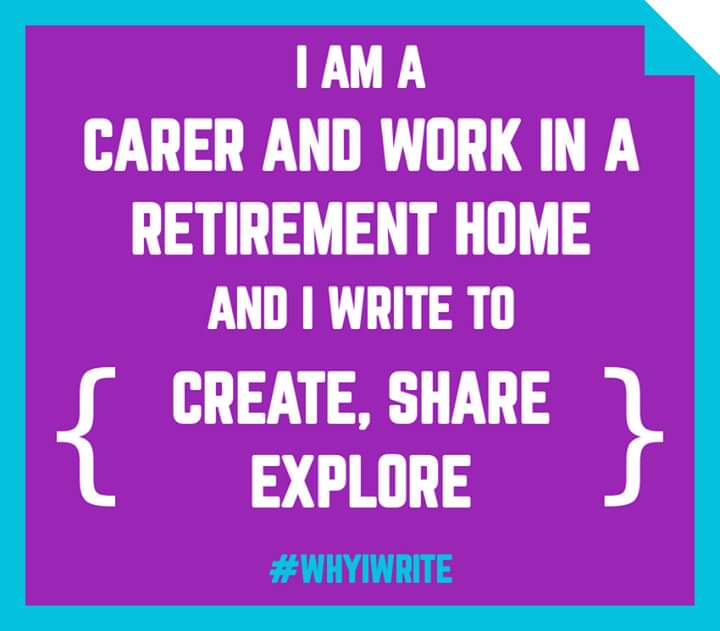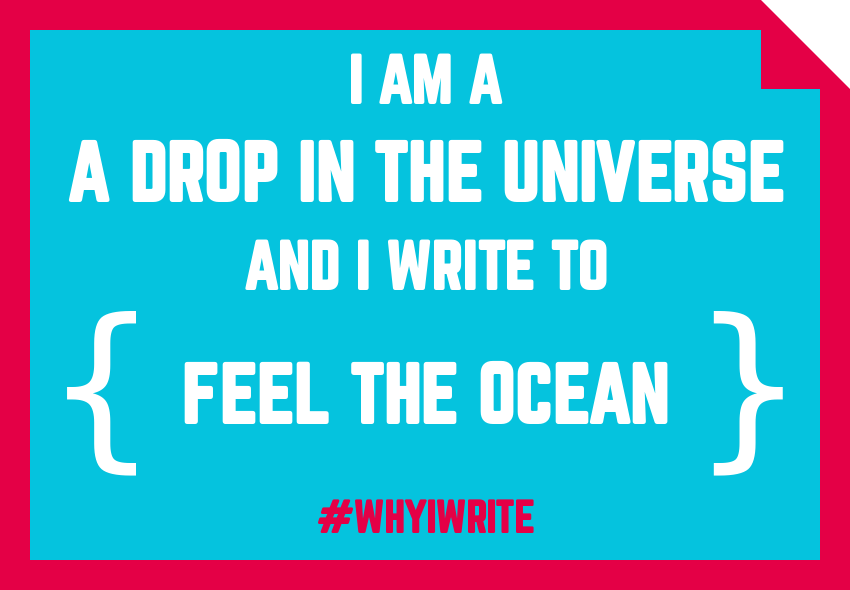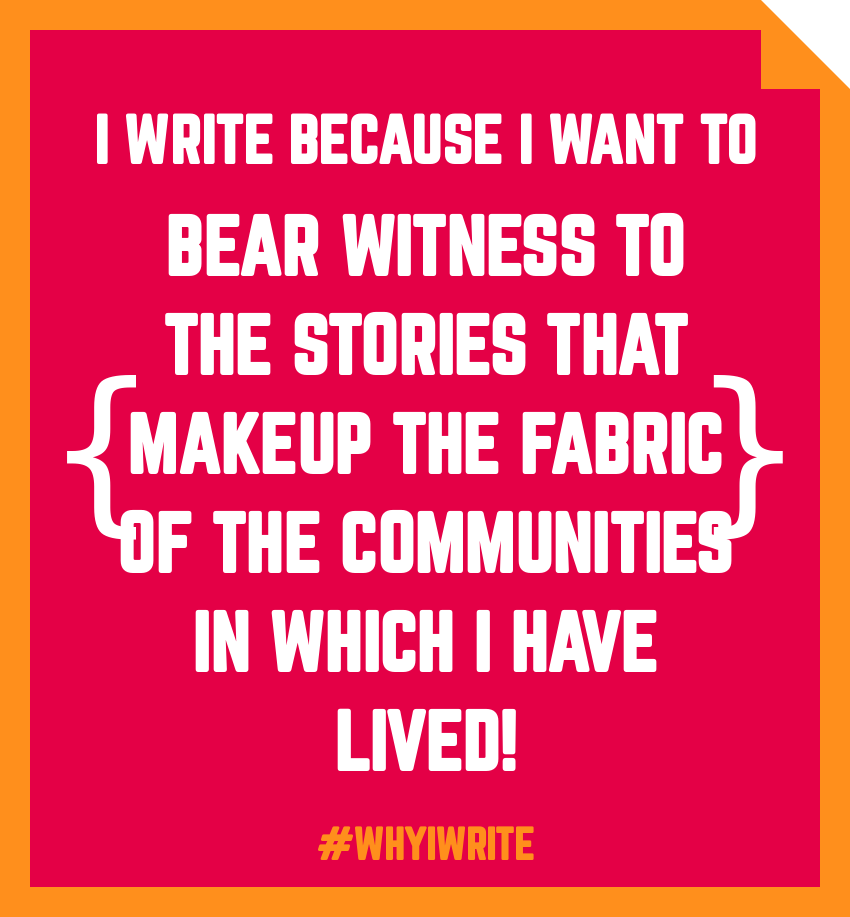...the boost your writing practice needs
PoetryBones blog offers generative writing sessions to boost your writing practice in poetry, creative nonfiction, memoir, even personal development. See ABOUT for more information on this writing practice. CONTACT PoetryBones to inquire about joining a live writing session via Zoom; new cohort groups are forming.


 RSS Feed
RSS Feed
